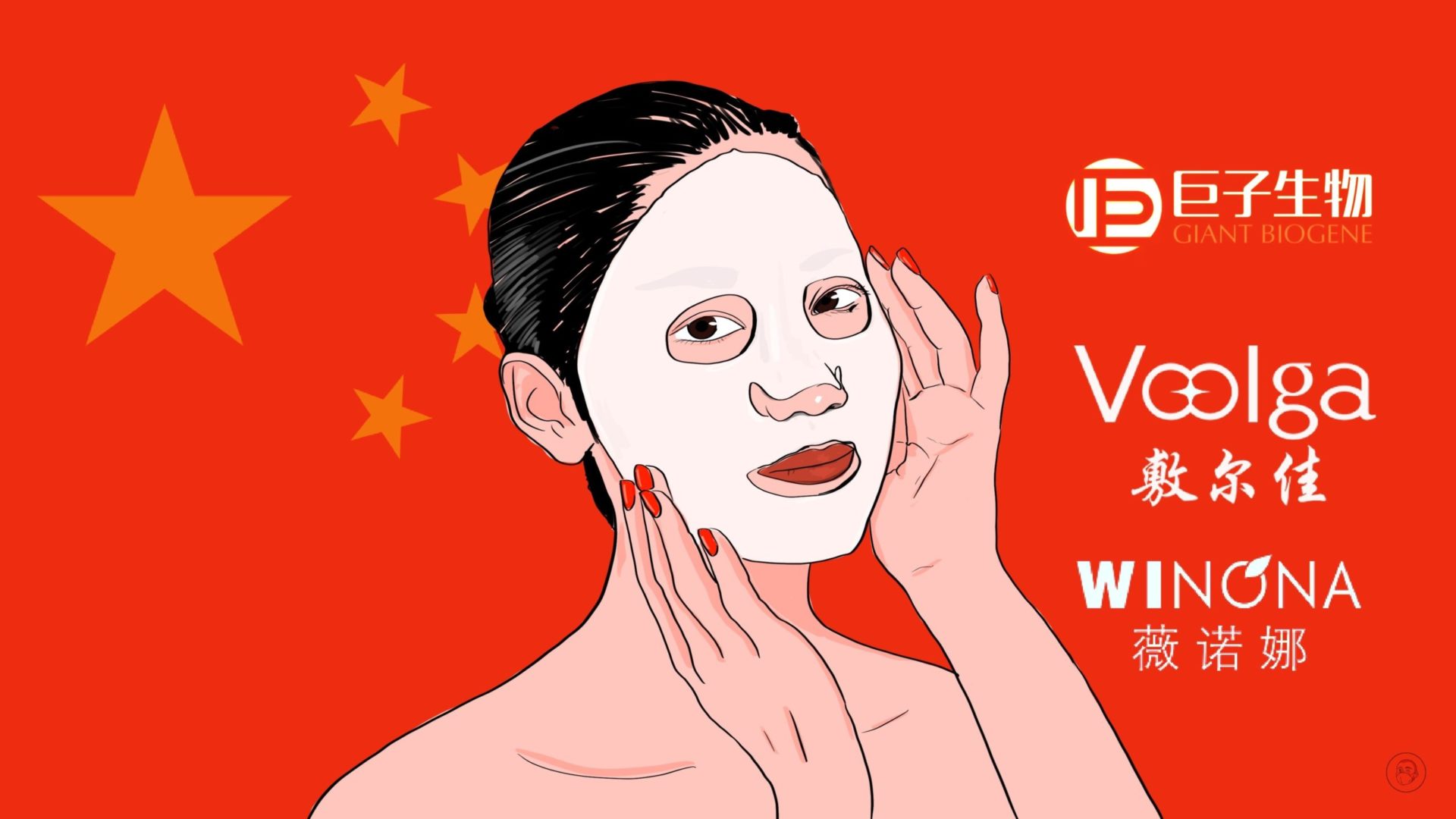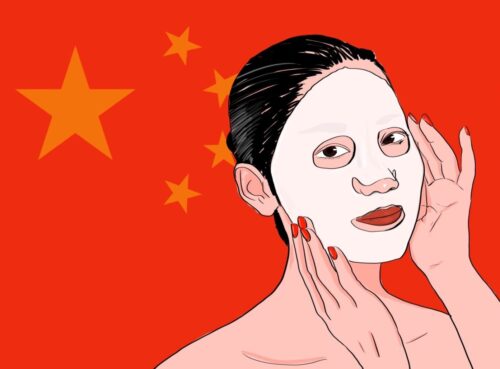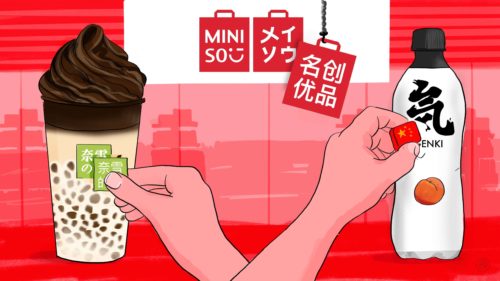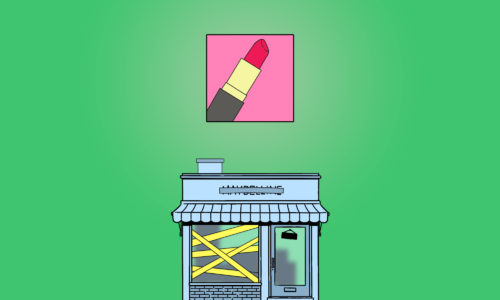The rise of Chinese skincare brands
China has a growing number of skincare brands that are challenging foreign competitors. The only problem: too much is being spent on marketing, and too little on R&D.

Chinese media reports suggest that the market for domestic skin care products increased from 157 billion yuan ($22.65 billion) in 2016 to 276.9 billion yuan ($39.96 billion) in 2020, and is forecast to reach 526.1 billion yuan ($75.92 billion) in 2025.
These are the major new players:
Voolga
Voolga 敷尔佳科技股份, a skincare company based in Heilongjiang Province, is about to go public on the Shenzhen Stock Exchange. Founded in 2017, Voolga has developed a range of skincare products, including facial masks, water emulsions, and powders.
According to one report, Voolga’s facial masks, including its sodium hyaluronate mask and brightening mask, have become especially popular among Chinese women for their whitening, repairing, and lightening effects, as well as for treating acne. According to the company’s prospectus, Voolga had total revenue in 2021 of 1.65 billion yuan ($238.13 million), and net profit of 806 million yuan ($116.32 million), for a gross profit margin of 81.95%.
With a range of celebrity endorsements and heavy ad spend on film and television dramas, Voolga has not been stingy on marketing costs. But the company has devoted very little of its resources to research and development: Only 5.24 million yuan ($756,666) in 2021, or just 0.32% of total revenue. This is much less than what its domestic competitors spend on research and development, for example Yunnan Botanee Bio-Tech (2.75%) and Bloomage BioTechnology 华熙生物 (5.75%). At the end of 2021 Voolga had only six research and development staff out of a total headcount of 441 employees.
Yunnan Botanee Bio-Tech
Yunnan Botanee Bio-Tech 云南贝泰妮生物科技集团 was founded by a professor, Guō Zhènyǔ 郭振宇, who left a tenured position at George Washington University in Washington D.C. to return to China and start his own business.
In 2021, the company IPOd. After reaching a high of around 120 billion yuan ($17.31 billion) last year, the company’s market capitalization is now around 74 billion yuan ($10.67 billion).
One of the company’s focus areas is treatments for sensitive skin, a condition which one out of every three women in China suffers from, according to a recent survey. Botanee Bio-Tech’s skincare line Winona 薇诺娜 has become a popular brand in China for sensitive skin, and the company claims to be a direct competitor of international brands such as Vichy (owned by L’Oréal), La Roche-Posay, and Avène. Indeed, during this year’s 618 ecommerce shopping festival in June, Winona was the only Chinese brand in the top ten beauty brands on Tmall, and it was also listed in the top three on JD.com and Douyin.
For the first half of the year, Botanee Bio-Tech reported total revenue of 2.05 billion yuan ($295.86 million), a year-on-year increase of 45.19%, and net profit of 395 million yuan ($57 million), a year-on-year increase of 49.06%; yet as mentioned above, research and development expenses were only 2.75% of total revenue.
Giant Biogene
Giant Biogene 西安巨子生物, which has submitted an IPO application on the Hong Kong Stock Exchange, is another company that was founded by a professor, Fàn Dàidì 范代娣. It claims to be China’s largest collagen skin care product company, with total revenue in 2021 of over 1.5 billion yuan ($216.48 million). In 2009, Giant Biogene became the first company in the world to mass produce collagen skin care products.
According to its prospectus, at the end of 2021, Giant Biogene had 84 people working on research and development, accounting for 12.6% of total staff, but research and development costs amounted to only 24.95 million yuan ($36.01 million) or 1.6% of total revenue. (By contrast, in 2021, L’Oréal spent over a billion euros on research and development).
Bloomage BioTechnology
An even bigger player is Bloomage BioTechnology, which reported total revenue for the first half of the year of 2.93 billion yuan ($423.58 million), a year-on-year increase of 51.6%, and 72.5% of its total revenue is based on functional skin care products, especially hyaluronic acid skin care, and sensitive skin and anti-aging products.
In 2021, Bloomage BioTechnology spent 5.75% of total revenue on research and development.
Perfect Diary: How not to do it?
Too much marketing spend and not enough R&D seems to be a common problem among the up-and-coming Chinese brands. Perfect Diary 完美日记 is an illustrative example of how too much hype can ruin a brand.
With a vigorous marketing campaign, including livestreams and celebrity endorsements, Perfect Diary’s holding company, Yatsen Holding 逸仙电商, became the first Chinese cosmetics brand to list on the U.S. stock market in November 2020. In 2020, Perfect Diary spent about two thirds of total sales revenue on marketing. In 18 months, however, the Yatsen stock dropped from a high of around $25 to just 50 cents. And the company is now battling to keep its offline stores open in China.
Overall, Chinese competitors are now able to challenge foreign brands in China’s rapidly expanding skincare industry. But in order to be truly sustainable over the long term, and indeed to compete with foreign brands not only in China but around the world, Chinese brands will have to vastly increase their investment in research and development.






